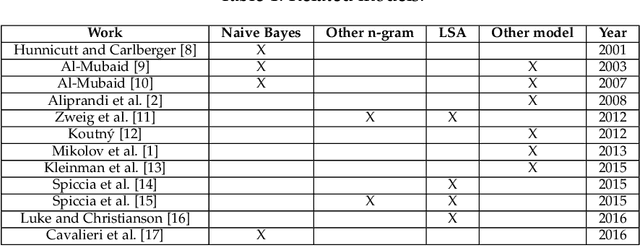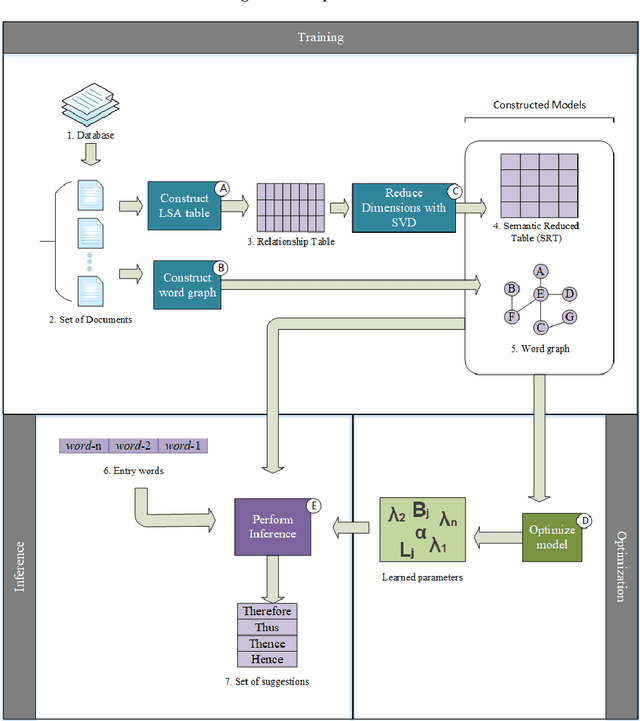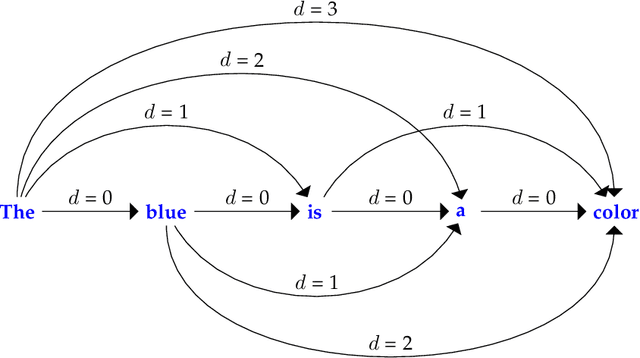Mauro D. L. Tosi
Hybrid Model For Word Prediction Using Naive Bayes and Latent Information
Mar 02, 2018



Abstract:Historically, the Natural Language Processing area has been given too much attention by many researchers. One of the main motivation beyond this interest is related to the word prediction problem, which states that given a set words in a sentence, one can recommend the next word. In literature, this problem is solved by methods based on syntactic or semantic analysis. Solely, each of these analysis cannot achieve practical results for end-user applications. For instance, the Latent Semantic Analysis can handle semantic features of text, but cannot suggest words considering syntactical rules. On the other hand, there are models that treat both methods together and achieve state-of-the-art results, e.g. Deep Learning. These models can demand high computational effort, which can make the model infeasible for certain types of applications. With the advance of the technology and mathematical models, it is possible to develop faster systems with more accuracy. This work proposes a hybrid word suggestion model, based on Naive Bayes and Latent Semantic Analysis, considering neighbouring words around unfilled gaps. Results show that this model could achieve 44.2% of accuracy in the MSR Sentence Completion Challenge.
 Add to Chrome
Add to Chrome Add to Firefox
Add to Firefox Add to Edge
Add to Edge